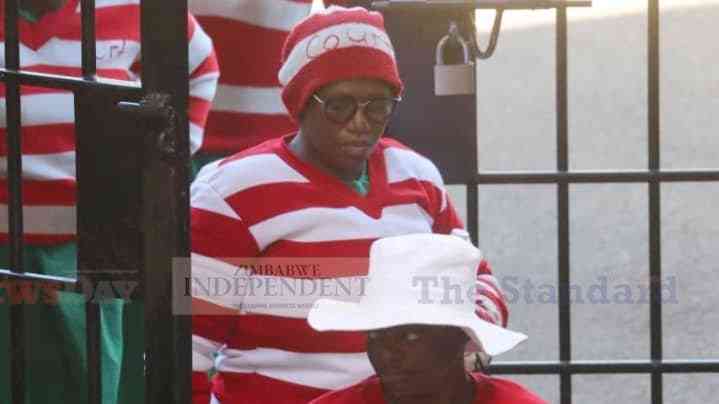
NURSES have put government on notice to improve their salaries and conditions of service or face mass action, saying their earnings were no longer viable.
The nurses accused their employer of pushing them to the “extremes” as their salaries have been wiped out by inflation, while no effort is being made to improve their conditions of service.
In an emotional letter to the Health Services Commission (HSC), nurses said they were having to watch helplessly while patients die in under-equipped hospitals.
The letter, dated May 24 was addressed to the HSC acting secretary-general Angelbert Mbengwa.
Zimbabwe Nurses Association president Enock Dongo said the nurses had made several efforts to engage their employer to no avail.
“Firstly it is a matter of great regret that precedent is seemingly showing that the plight of nurses is not an issue of concern to the employer,” Dongo said.
“The Health Service Bipartite Negotiating Panel, which is supposed to be the forum in which issues are discussed has been deliberately made useless as it has not met in the past two years despite our persistent request for it to sit and discuss issues.”
Dongo added: “As nurses, our morale is at its lowest ever. We are working under extremely poor conditions that are not only unsafe to patients but even unsafe to ourselves. Even our capacity to withstand pain has been pushed to the extreme because on a daily basis we see patients dying simply because basic medication and equipment that could potentially save their lives are not in stock at our hospitals.”
- Civil servants halt strike
- Civil servants issue 10-day ultimatum
- Hospitals face acute staff shortage
- Nurses say region’s health facilities neglected
Keep Reading
Contacted for comment, Mbengwa said he had not yet received the letter. He said should the commission receive the letter, it would “look into the issues raised”.
“The nurses know the protocol,” Mbengwa said.
“They have to go through the Health Service Bipartite Forum, and then if we get the letter, we will look into the issues that were raised in the letter.”
Nurses currently earn US$200 in allowances and another U$100 in local currency.
In January, government amended the Health Services Act to bar public healthcare workers from striking for more than 72 hours.
Health workers, who go on strike face disciplinary action, while organisers of such strikes can face imprisonment of up to six months, or both.
Government has in the past fired health workers for striking.
But Dongo said such threats were not the solution.
“We, therefore, urge our employer to have a listening ear and seriously consider our plight. To refuse to meet us is not the answer. To simply say we will arrest you if you strike is not the answer. To withhold the necessary letter of good standing so as to sabotage our efforts to seek employment in other jurisdictions is not the answer. We, therefore, kindly, but urgently request a meeting with yourselves and interested stakeholders within the next 14 days so as to find solutions for the good of our health sector,” he said.
Zimbabwe has recorded a mass exodus of health workers, with at least 4 000 said to have migrated to the United Kingdom in the past two years.










